


Current regulations for nanomedicines overlook the effects of the different forms of the same element, such as ions, nanoparticles, and aggregates. In a recent study, researchers...
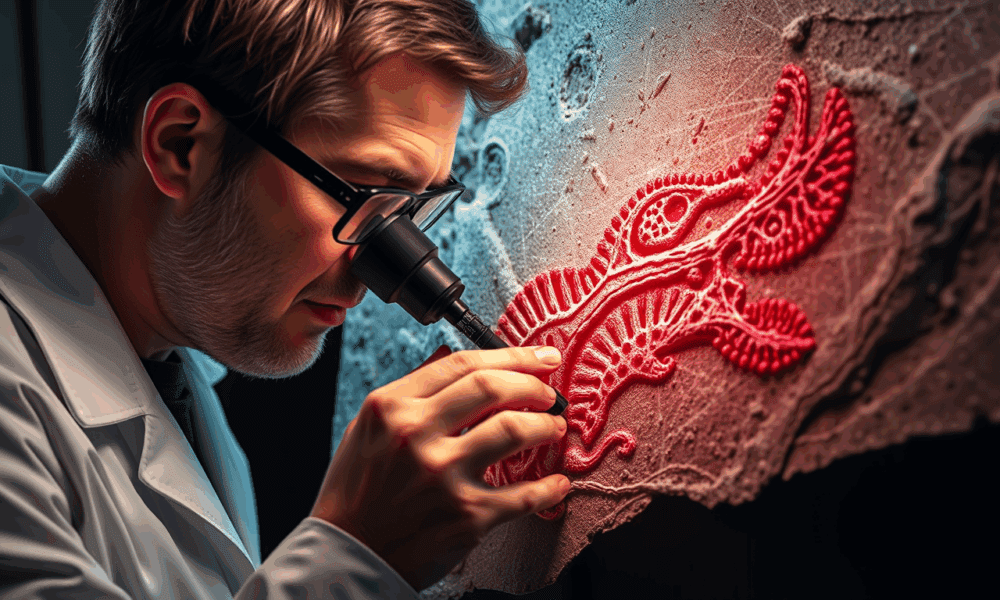
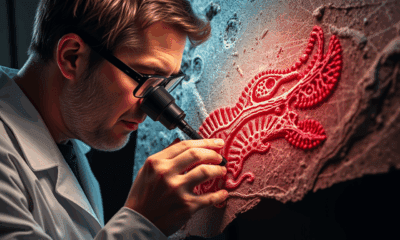

New techniques used to analyze soft tissue in dinosaur fossils may hold the key to new cancer discoveries. Researchers have analyzed dinosaur fossils using advanced paleoproteomic...
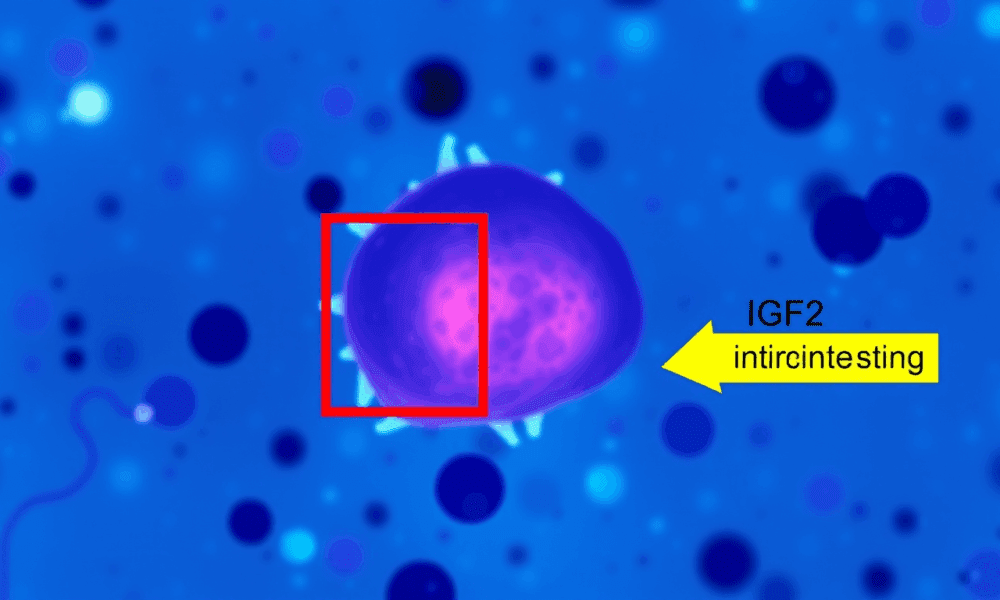
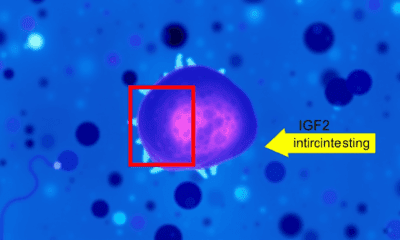

A biobank for pediatric kidney tumors plays a key role in identifying hereditary causes of Wilms tumors. New insights gained with its help enable better risk...
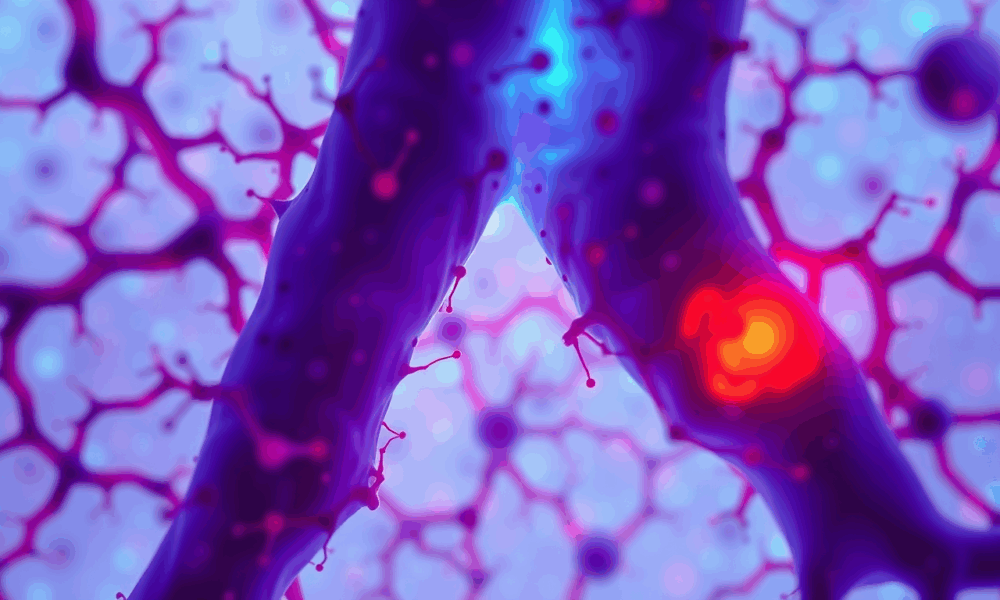
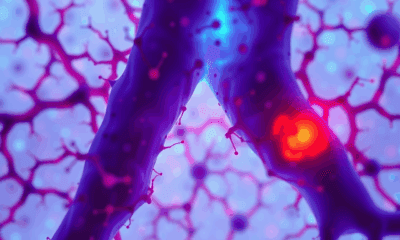

Researchers have shown that gonadotrophs, cells in the pituitary gland with a key role in puberty and reproduction, come from two different populations, with the majority...
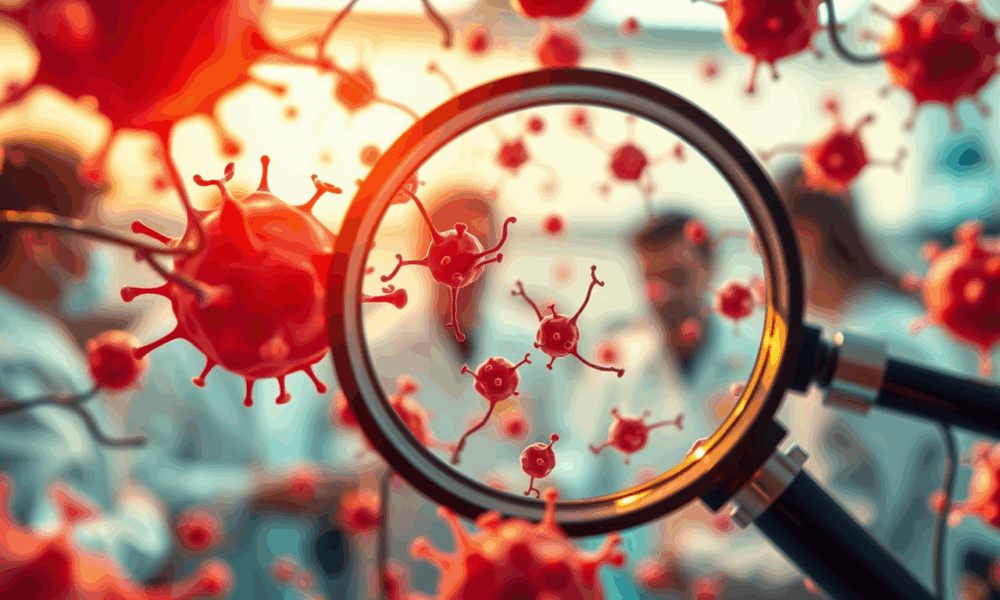
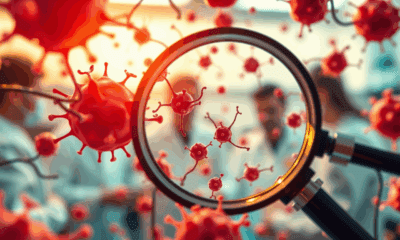

Researchers have developed a method to confidently produce blood cell precursors from stem cells in mice, by activating a set of seven key genes in the...
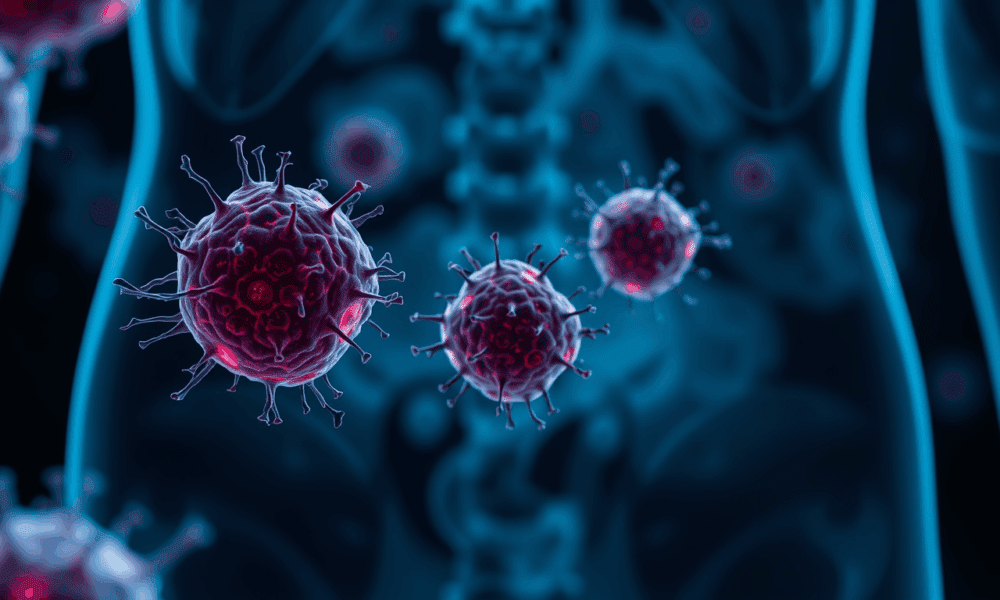
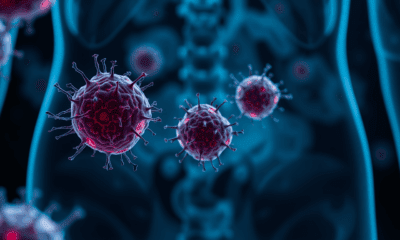

New research has uncovered how lipid-rich fluid in the abdomen, known as ascites, plays a central role in weakening the body's immune response in advanced ovarian...



Australia's recent move to lower the starting age for bowel (colorectal) cancer screening from 50 down to 45 years old will mean better outcomes -- but...



A newly published study indicates that prostate cancer can be diagnosed at an early stage through a simple urine sample. With the aid of AI and...
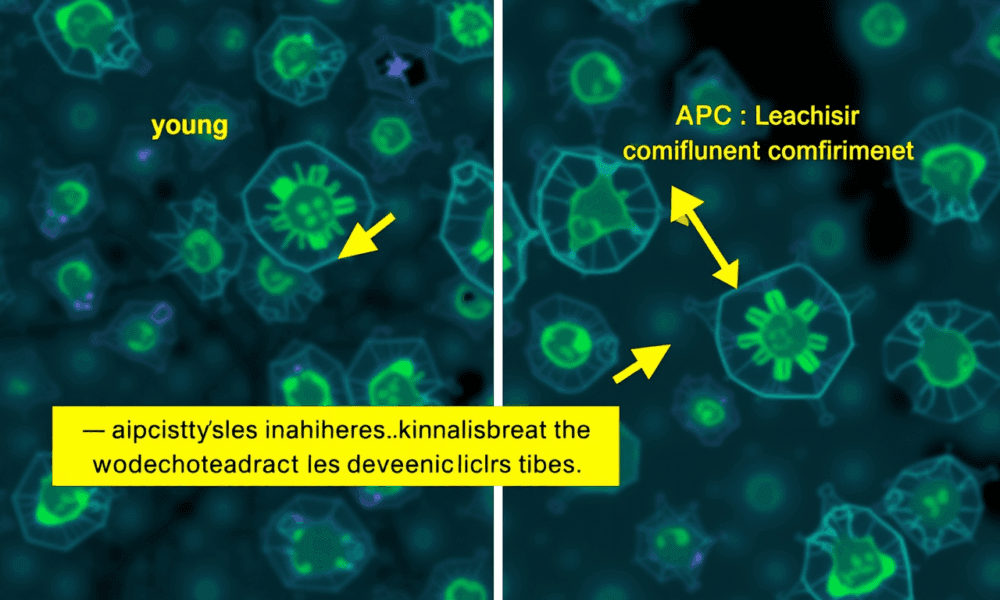
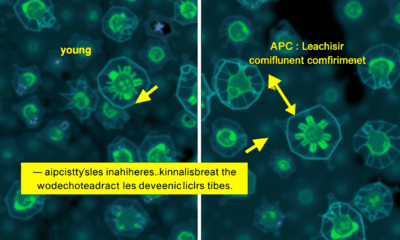

It's no secret that our waistlines often expand in middle-age, but the problem isn't strictly cosmetic. Belly fat accelerates aging and slows down metabolism, increasing our...
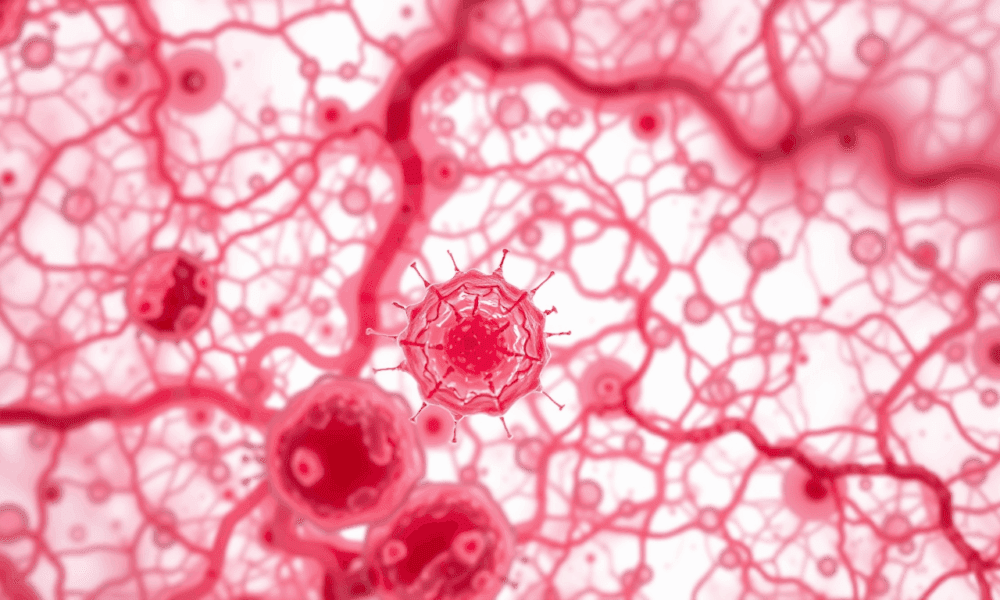
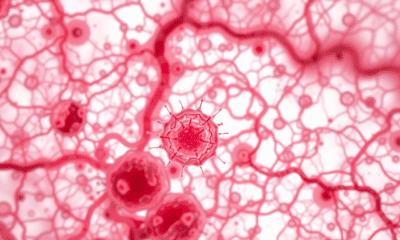

People with the hereditary disease familial adenomatous polyposis (FAP) have a greatly increased risk of developing a malignant tumor of the duodenum. Researchers have now discovered...